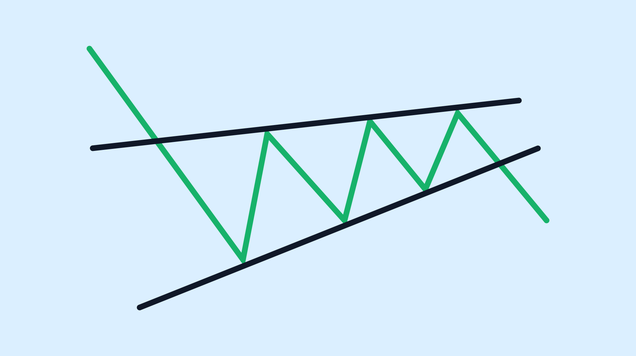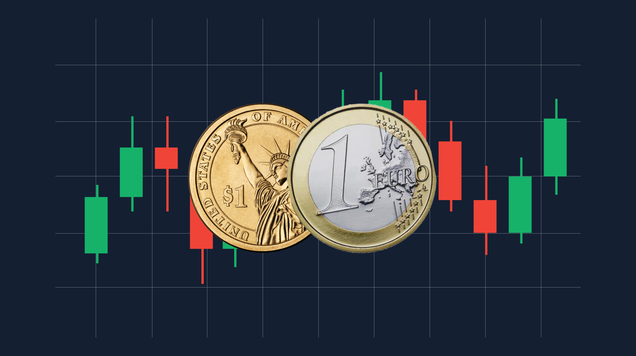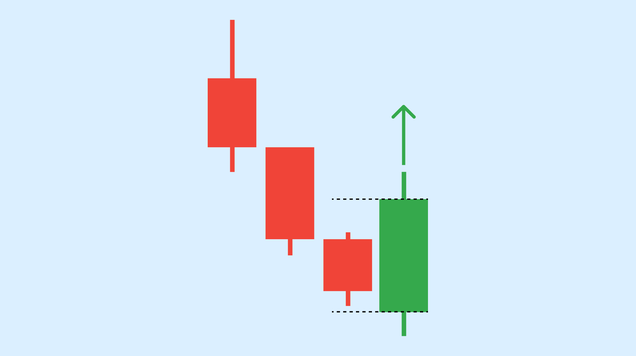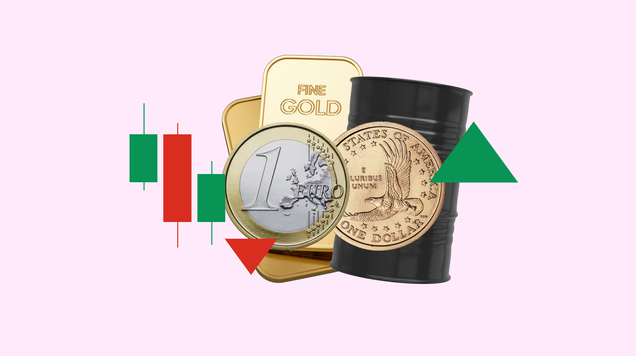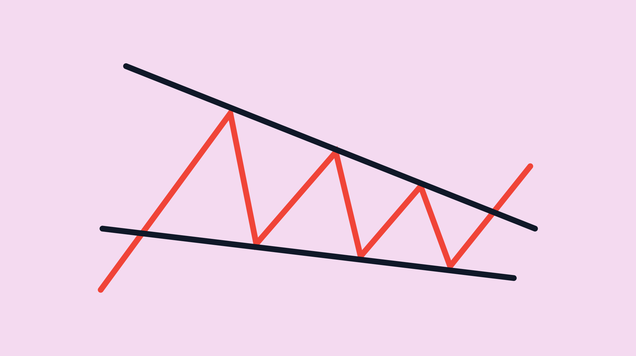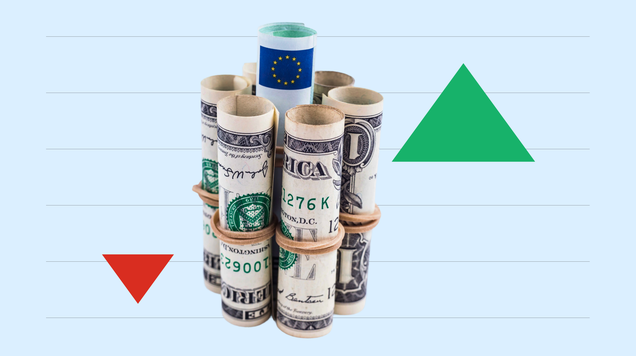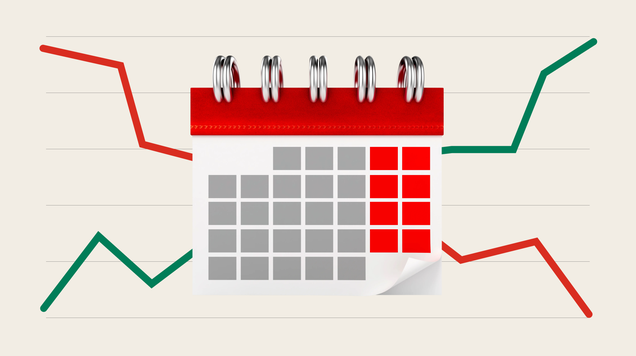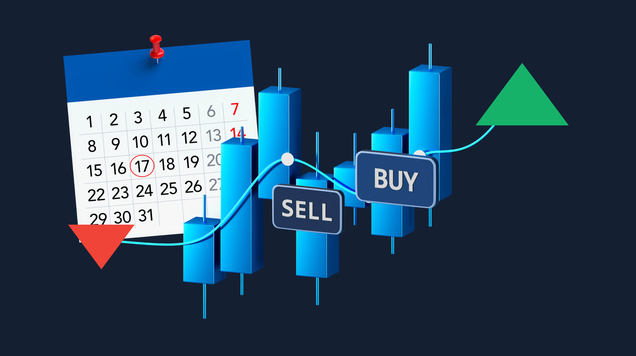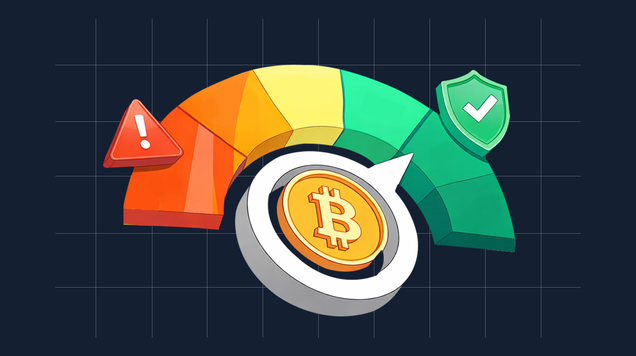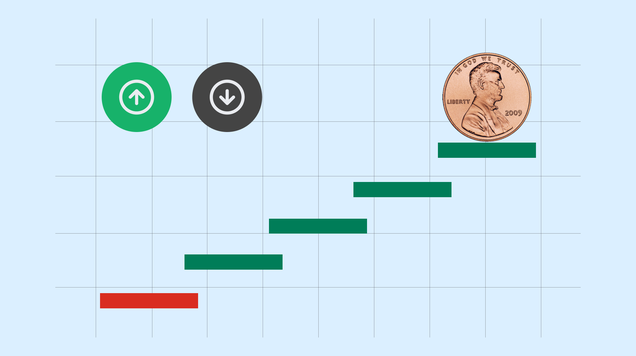What is a futures contract and how does it work?
Futures contracts, which are traded on futures exchanges, help investors speculate on market movements and hedge against price fluctuations, making them a useful and potentially profitable investment product.
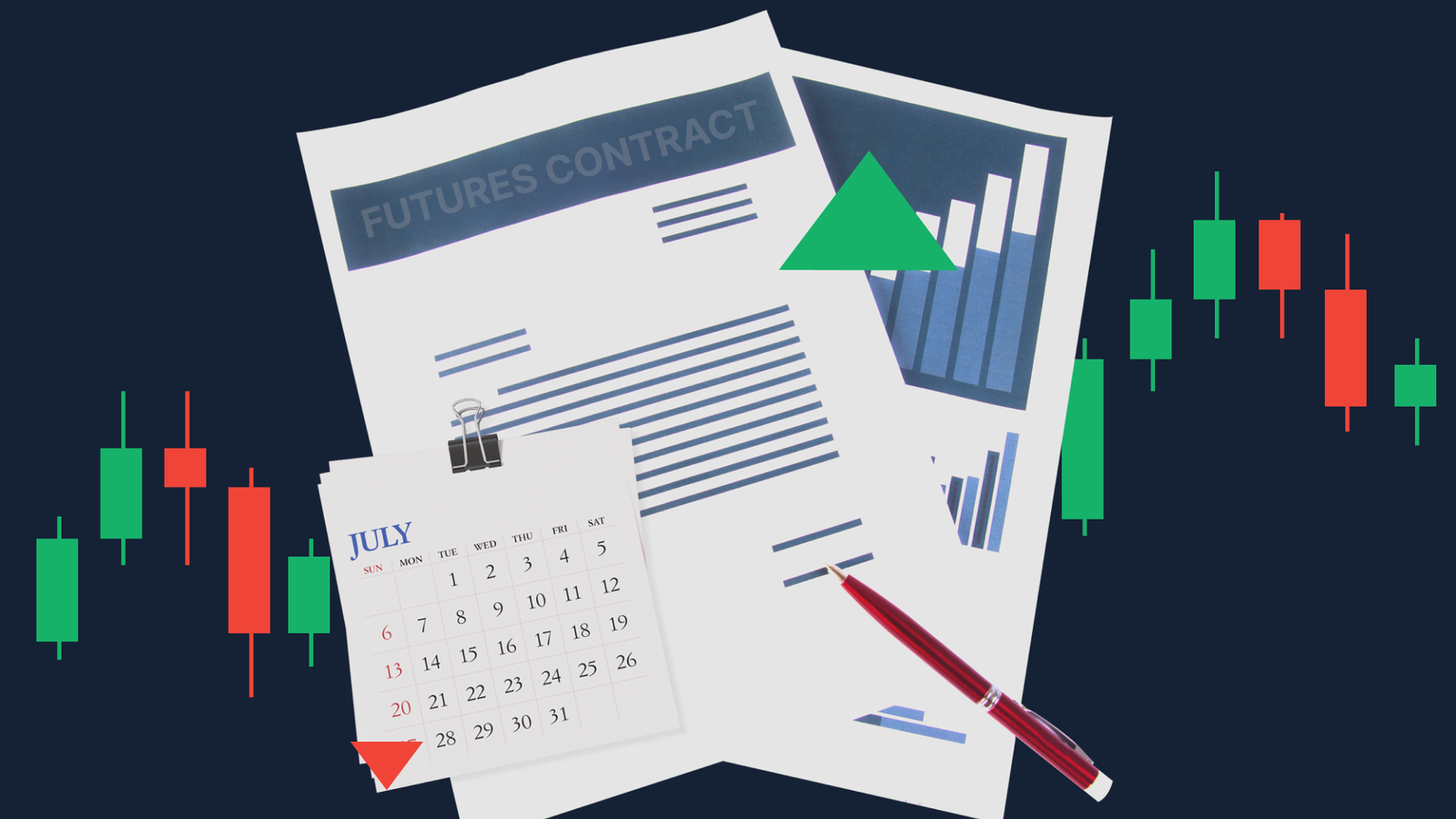
A futures contract is, in simple terms, a contract to buy or sell an asset at an agreed price and specified time in the future.
Futures contracts are derivative contracts.
Traders who invest in futures contracts are either hedgers or speculators.
Speculators are interested in profiting from price moves for the underlying asset.
Here, we explain what a futures contract is, how futures trading works, and answer other frequently asked questions.
What is a futures contract?
A futures contract is a legal agreement between two parties: a buyer and a seller. To comply with this agreement, the buyer must purchase an agreed asset for a predetermined price on a predetermined date. This date is referred to as ‘maturity’. There is an obligation for both the buyer and seller to fulfil the contract at maturity.
Futures contracts are derivative contracts, meaning that the value of the contract is based on underlying assets or financial products. Examples include gold, oil, currencies and indices.
Futures contracts are standardized, or ‘fungible’. Standardisation allows these contracts to be traded easily and efficiently because you can buy and sell knowing that the unit of one item is the same as another unit of the same kind.
Why use futures contracts?
Futures contracts are used by two types of market participants, and for different reasons.
Hedgers use futures contracts to guarantee a price for an asset they want to buy or sell in the future. Sellers can hedge against any changes in the market that would impact the value of their asset by selling it as a futures contract. Conversely, buyers can guarantee a good price for an asset they know they will need in the future.
Take oil, for example. An oil producer can guarantee a good price for their oil in the future by selling it as a futures contract. Oil buyers can hedge against inflation and other potential causes of price rises by buying the futures contract from the oil producer.
Speculators are investors who trade in futures contracts but have no interest in ever owning the asset. They trade on futures contracts, buying and selling them before maturity. Speculators are only interested in profiting on the price moves of the underlying asset.
How does futures trading work in practice?
First, a buyer agrees to purchase an asset at a set price in the future, and the seller agrees to deliver the asset at the set price. This is the opening position of the futures contract. To buy, you must have a trading account with a brokerage.
The buyer must deposit a small percentage of the contract’s value at this point as collateral. This deposit is known as the initial margin.
Most traders are speculators and never take delivery of the asset. They trade only for profit. Gains and losses are settled daily after the market closes and a daily settlement price is agreed. Gains are credited and losses debited from the trader’s accounts each day. This is called mark-to-market.
In most cases, positions are closed before the futures contract reaches maturity, meaning that the seller buys the asset back or the buyer chooses to sell it back. Either of these situations closes the contract.
If a futures contract is not closed out, the buyer is obligated to take delivery of the asset at maturity. Depending on the asset, however, cash settlements can often be arranged in these instances.
What happens when a futures contract reaches its 'liquidation price'?
Forced liquidation is a safety measure that protects traders and the exchange they are trading on. Contracts are automatically closed if their value reaches liquidation price, a price that reflects that the trader no longer has enough margin to keep the position open.
Before liquidation happens, the trader will receive a margin call and be able to deposit more funds to increase their margin if they wish.
What’s the difference between futures and forwards contracts?
These are similar financial products. Forwards contracts differ from futures because they are:
- Traded privately
- Non-transferable
- Customisable and not standardised
Are futures contracts good for beginners?
Futures contracts appeal because traders need only invest a small percentage of the contract value at opening, meaning that they can make significant profits from a small investment. However, this is a double-edged sword because substantial losses can quickly accrue, too. Prices are volatile, and losses can become devastating over a short period of time.
Expert Trading with Equiti
While futures contracts are higher risk than many other asset classes, when bought by experienced investors who have a balanced, diverse portfolio, they can be highly profitable.
To learn more about futures trading and get expert advice, trade with Equiti.
Equiti is an online brokerage that can supply a wealth of information on trading through online resources and insights. Benefit from a dedicated team, 24/7 multilingual support, and a range of account types to suit beginner through to experienced traders.
Try a risk-free online demo account today.
